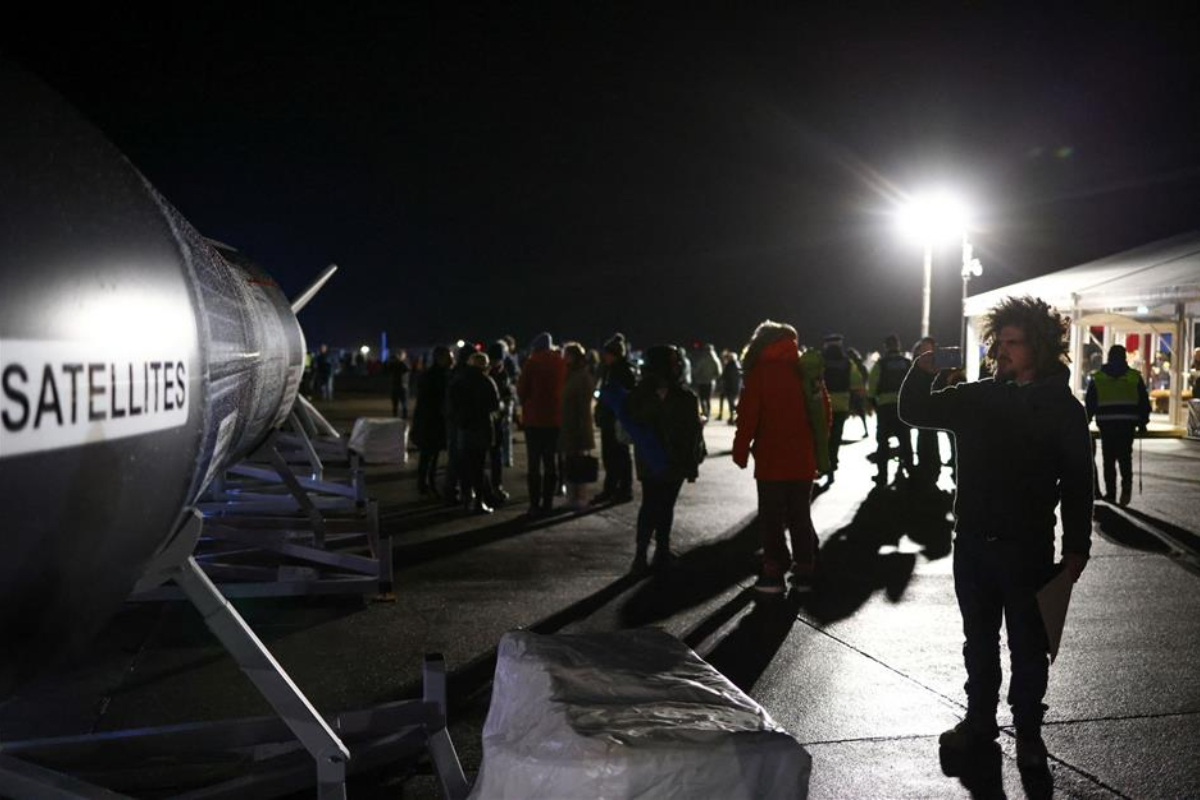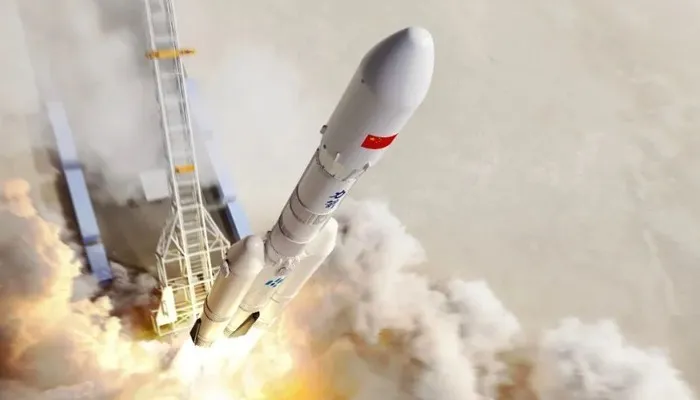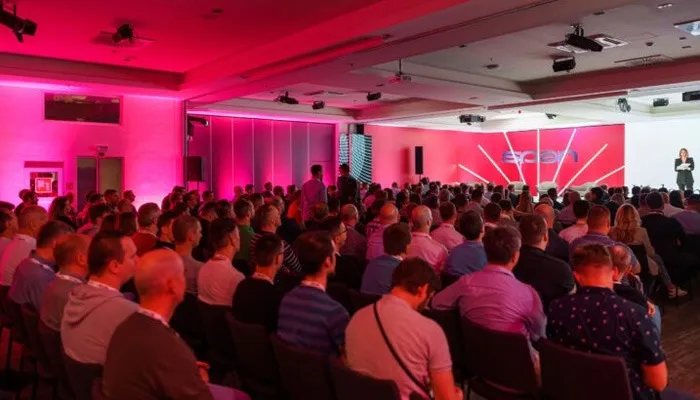- Virgin Orbit’s LauncherOne rocket has developed an anomaly that prevented it from reaching orbit.
- The mission had been billed as a historic first for Cornwall, Britain and Europe.
- It is the second mission failure for Virgin Orbit, which is partly owned by British billionaire Richard Branson.
Britain’s bid to become the first European country to send satellites into space ended in bitter disappointment early Tuesday when Virgin Orbit announced that its rocket had developed an anomaly that prevented it from reaching orbit.
The “horizontal launch” operation took off from the southwest England seaside town of Newquay, with Virgin’s LauncherOne rocket carried under the wing of a modified Boeing 747 called “Cosmic Girl” and afterwards released over the Atlantic Ocean.
“We appear to have encountered an abnormality that has prevented us from reaching orbit,” the corporation explained. “We’re reviewing the facts.”
The loss is a further setback for European space ambitions, following the failure of an Italian-built Vega-C rocket mission in late December after liftoff from French Guiana.
The rockets were afterwards grounded.
Europe has faced a series of setbacks in the last year, including the postponement of its important Ariane 6 launcher, access to Russian Soyuz rockets hampered by the Ukraine crisis, the grounding of Vega, and the cancellation of a showcase launch for the expanding small launcher business.
Virgin Orbit initially announced on Twitter that LauncherOne had achieved Earth orbit, but later withdrew the tweet.
“In the next days, the government and several organisations, including Virgin Orbit, will conduct an investigation,” Matt Archer, Commercial Space Director at the UK Space Agency, said.
Virgin Orbit, which is partly owned by British billionaire Richard Branson, intended to launch nine tiny satellites into lower Earth orbit (LEO) on its first voyage outside of its US base.
The mission had been billed as a historic first for Cornwall, Britain, and Europe, and hundreds of spectators celebrated as “Cosmic Girl” took off and when it was announced that the rocket had been deployed.
Following the news of failure, the audience left quickly and discreetly.
Mission failure
A mission failure would be the second in Virgin Orbit’s history, following the company’s initial launch in 2020. Four missions have been completed successfully by the corporation.
According to Archer of the UK Space Agency, the first stage fire launched the rocket into space, but the second stage experienced a “technical problem and failed not reach the desired orbit.”
The mission was at second-engine cut-off, three steps short of payload release, roughly two hours after take-off, according to a graphic display on an official television stream.
The conflict in Ukraine has underlined the relevance of smaller satellites, like as those being launched from Newquay, for tactical military uses because they can reach low orbit much faster than larger ones.
It was unclear how the failure, which will be investigated, will affect the time or location of future missions. On Sunday, Virgin Orbit CEO Dan Hart told reporters that the business hoped to return to Newquay before the end of 2023.
Britain claims to be the leading non-US satellite maker, employing 47,000 people in the space industry, and has urged for the development of various prospective microlaunch sites, including two vertical launchpads in Scotland.
The UK Space Agency had called the Cornish mission as a moment of national pride for Britain’s developing space sector while Britain’s minister for science, George Freeman, told Reuters at the spaceport that it was a “historic occasion”.
“A lot of things have been accomplished, but the milestone is clearly frustrating,” Archer explained. “But we’ll keep going, and we’ll get there in the end.”
[embedpost slug=”russian-fighter-jets-approach-nato-ships-within-80-yards/”]



















